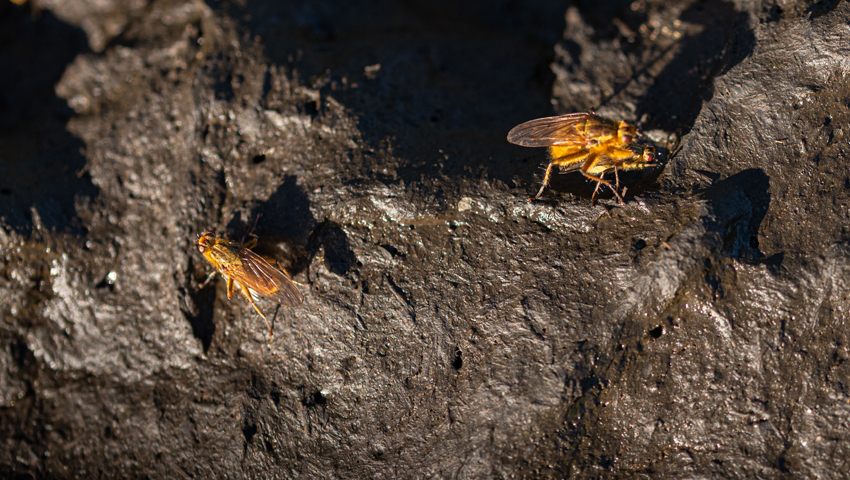Innovative Farmers is researching the value of bokashi, treating manure with microorganisms that break down animal bedding and dung.
Andrew Barbour, a Field Lab farmer in Scotland, is teaming up with soil expert, Audrey Litterick from Earthcare Technical, to see if there are practical benefits to using bokashi over a 3-year period.
Manures made through the bokashi process will be compared with those made using standard farming practices on both farms.
If the reported advantages from bokashi manure treatment are true, then the process could potentially save farmers money as well as improving animal health, nutrient management and carbon footprint. If these advantages turn out to be significant, then this field lab could make the case for bokashi use to become widespread in the UK.
Barbour is particularly interested in bokashi to find a way of minimising nutrient loss from housed manure and to reduce methane and ammonia emissions from the farm. He said, “[We wanted] to make sure we don’t lose nutrients and also hopefully improve our carbon balance, which is one of the claims of bokashi in terms of reduction in methane loss from composted materials.”
Another motivating factor was finding a good alternative to straw (in this case wood chip) and wanting to feed the biology in his fields and improve soil productivity. The idea behind using wood chip as bedding was to provide a good dry bed, which would hold its position in the cow shed, as opposed to straw where there is an initial build-up of material which the cows tend to push around.
Samples of the bokashi and non-bokashi manures were taken, as well as soil samples from the chosen field where the manures will be spread in early summer this year. This may help farmers understand the impact the differently treated manures will have on the soil.
Initial observations included the fact that the bokashi-treated manure does not smell like farmyard manure – Barbour explained that it’s “utterly different: sweet smelling, with less ammonia and seems well broken down”. It was also immediately clear that there was more air and worms in the bokashi-treated manure. It is anticipated that the bokashi-treated manure will be easier to handle and to spread than other manures made on the farm.
Barbour is hoping to improve the biological activity in the soil. “I want to improve the availability of phosphate in particular which is, I’m told, locked up in the field in unavailable form, but becomes more available with good soil biology. The fact that we seem to be able to grow reasonable grass crops with very low phosphate levels suggests that something [positive] is going on”.
The trial results will not be available until 2026 but, at Glen Fincastle, Barbour strongly suspects that they will carry on using bokashi.
He said, “The cost would not be a huge barrier if you are getting benefit on the fields and a nicer product to handle … I’m also conscious that, where we are in our working life, if we set up a routine procedure for the next generation coming along there’s a great chance they’ll carry on doing it. So if it does turn out to have benefits from the greenhouse gas side of things, great, and it may make life easier for them with all the other changes that might have had to be made if they’re already doing it”.
More information about the trial can be found here
